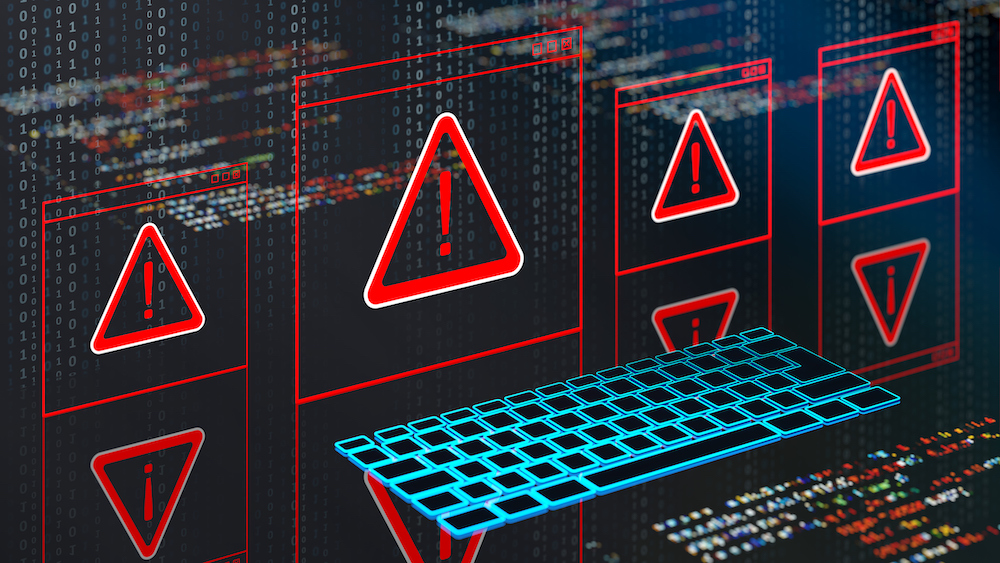Active Exploitation of Ivanti VPN Vulnerability Poses Serious Threat to Networks
A critical vulnerability in Ivanti’s VPN technology is under active exploitation, presenting significant risks to networks across various sectors. The issue, labeled as CVE-2025-0283, allows attackers to gain complete control over connected devices with no authentication required. This was disclosed by Ivanti, a company specializing in software solutions for network security.
Background of the Vulnerability
Ivanti revealed the vulnerability on Wednesday, instigating urgency for users of its Connect Secure VPN and Policy Secure & ZTA Gateways. As part of the disclosure, the company released a security patch, updating affected devices to version 22.7R2.5. However, despite this prompt response, many of Ivanti’s customers have already been impacted, indicating that not all clients may have applied the necessary security measures in time.
According to analysis from Google-owned security company Mandiant, the vulnerability has been exploited since December, suggesting that attackers have been quietly compromising Ivanti Connect Secure appliances even before the flaw was publicly detailed. This highlights the importance of timely vulnerability reporting and updates in cybersecurity.
Mechanism of Exploitation
Once the malicious actors successfully exploit the vulnerability, they are not just gaining access but are also installing sophisticated malware known as DRYHOOK and PHASEJAM. The latter is described as a well-crafted bash shell script that functions as a web shell, providing attackers significant control over the compromised devices.
Mandiant elaborated on the capabilities of PHASEJAM, noting that it manages to inject a malicious function into the upgrade process of Ivanti’s software. This function simulates a seamless upgrade experience, using a "visually convincing" display to trick system administrators into believing the upgrade is proceeding normally. Specifically, the function displays a series of upgrade steps that appear legitimate, hence preventing detection by IT personnel during what they believe is routine maintenance.
Additional Malware and Its Implications
In addition to PHASEJAM, the attackers utilized another piece of malware known as SPAWNANT. This software has a critical function: it circumvents Ivanti’s built-in integrity checker, designed to safeguard devices against unauthorized modifications. By replacing the expected cryptographic hash of core files with an infected version, SPAWNANT ensures that the integrity checker fails to detect the malicious changes, leading to prolonged undetected access for the attackers.
Mandiant also provided insight into the strategic risk presented by these exploitations, stating, “The functionality [of SPAWNANT] allows for sustained malicious activity without triggering security alerts, fundamentally undermining the security posture of affected organizations.”
Industry Response and Next Steps
Organizations utilizing Ivanti’s VPN solutions are urged to apply the security patch immediately to mitigate the risks associated with this vulnerability. Security analysts are closely monitoring the situation to understand the full scope of the attacks and are advocating for heightened vigilance among network administrators.
As highlighted by Mandiant’s findings, this situation serves as a reminder of the ongoing threats in the cybersecurity landscape, particularly those targeting widely used technologies. The fact that this exploit has remained undetected for several months raises questions about the robustness of current defenses and the proactive measures taken by organizations in securing their networks.
Conclusion: Broader Implications for Cybersecurity
The active exploitation of Ivanti’s critical vulnerability underscores the need for fortress-like security measures across all digital infrastructures. As reliance on VPNs continues to grow, so does the necessity for protocols that ensure their security. This incident demonstrates that security patches are only effective if they are promptly applied and highlights the importance of constant vigilance in today’s rapidly evolving threat landscape.
In conclusion, the situation regarding Ivanti’s Connect Secure VPN serves as a cautionary tale for all network-dependent organizations. The consequences of inaction can be severe, sparking a critical conversation about cybersecurity practices and incident response strategies in the face of emerging threats.









